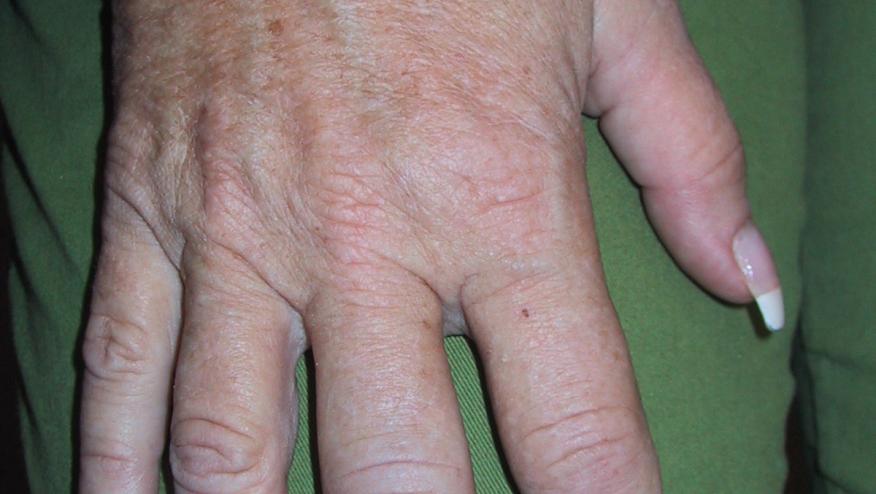EULAR 2016 Recommendations on Early Arthritis Save

Combe and leading European rheumatologist have published an update to the 2007 European League Against Rheumatism (EULAR) recommendations for management of early arthritis. This committee strongly recommends early (< 6 weeks) referral to the rheumatologist and that early management should be guided by the rheumatologist.
The also recommend that early nonpharmacologic interventions include discussions of smoking cessation, dental care, weight control, vaccination assessment and comorbidiity management.
An expert committee 20 rheumatologists, representing 12 European countries selected their research questionsand performed systematic literature searches to address these.
The updated recommendations comprise 3 overarching principles and 12 recommendations for managing early arthritis. The selected statements involve the recognition of arthritis, referral, diagnosis, prognostication, treatment (information, education, pharmacological and non-pharmacological interventions), monitoring and strategy. Eighteen items were identified as relevant for future research.
Below is a listing of their overarching principals and 12 recommendations.
Overarching principles
- Management of early arthritis should aim at the best care and must be based on a shared decision between the patient and the rheumatologist
- Rheumatologists are the specialists who should primarily care for patients with early arthritis
- A definitive diagnosis in a patient with early arthritis should only be made after a careful history taking and clinical examination, which should also guide laboratory testing and additional procedures
12 Recommendations
- Patients presenting arthritis (any joint swelling, associated with pain or stiffness) should be referred to, and seen by, a rheumatologist, within 6 weeks after the onset of symptoms
- Clinical examination is the method of choice for detecting arthritis, which may be confirmed by ultrasonography
- If a definite diagnosis cannot be reached and the patient has early undifferentiated arthritis, risk factors for persistent and/or erosive disease, including number of swollen joints, acute phase reactants, rheumatoid factor, ACPA and imaging findings, should be considered in management decisions
- Patients at risk of persistent arthritis should be started on DMARDs as early as possible (ideally within 3 months), even if they do not fulfil classification criteria for an inflammatory rheumatologic disease
- Among the DMARDs, methotrexate is considered to be the anchor drug and, unless contraindicated, should be part of the first treatment strategy in patients at risk of persistent disease
- NSAIDs are effective symptomatic therapies but should be used at the minimum effective dose for the shortest time possible, after evaluation of gastrointestinal, renal and cardiovascular risks
- Systemic glucocorticoids reduce pain, swelling and structural progression, but in view of their cumulative side effects, they should be used at the lowest dose necessary as temporary (<6 months) adjunctive treatment. Intra-articular glucocorticoid injections should be considered for the relief of local symptoms of inflammation
- The main goal of DMARD treatment is to achieve clinical remission, and regular monitoring of disease activity, adverse events and comorbidities should guide decisions on choice and changes in treatment strategies to reach this target
- Monitoring of disease activity should include tender and swollen joint counts, patient and physician global assessments, ESR and CRP, usually by applying a composite measure. Arthritis activity should be assessed at 1-month to 3-month intervals until the treatment target has been reached. Radiographic and patient-reported outcome measures, such as functional assessments, can be used to complement disease activity monitoring
- Non-pharmacological interventions, such as dynamic exercises and occupational therapy, should be considered as adjuncts to drug treatment in patients with early arthritis
- In patients with early arthritis smoking cessation, dental care, weight control, assessment of vaccination status and management of comorbidities should be part of overall patient care
- Patient information concerning the disease, its outcome (including comorbidities) and its treatment is important. Education programmes aimed at coping with pain, disability, maintenance of ability to work and social participation may be used as adjunct interventions







If you are a health practitioner, you may Login/Register to comment.
Due to the nature of these comment forums, only health practitioners are allowed to comment at this time.